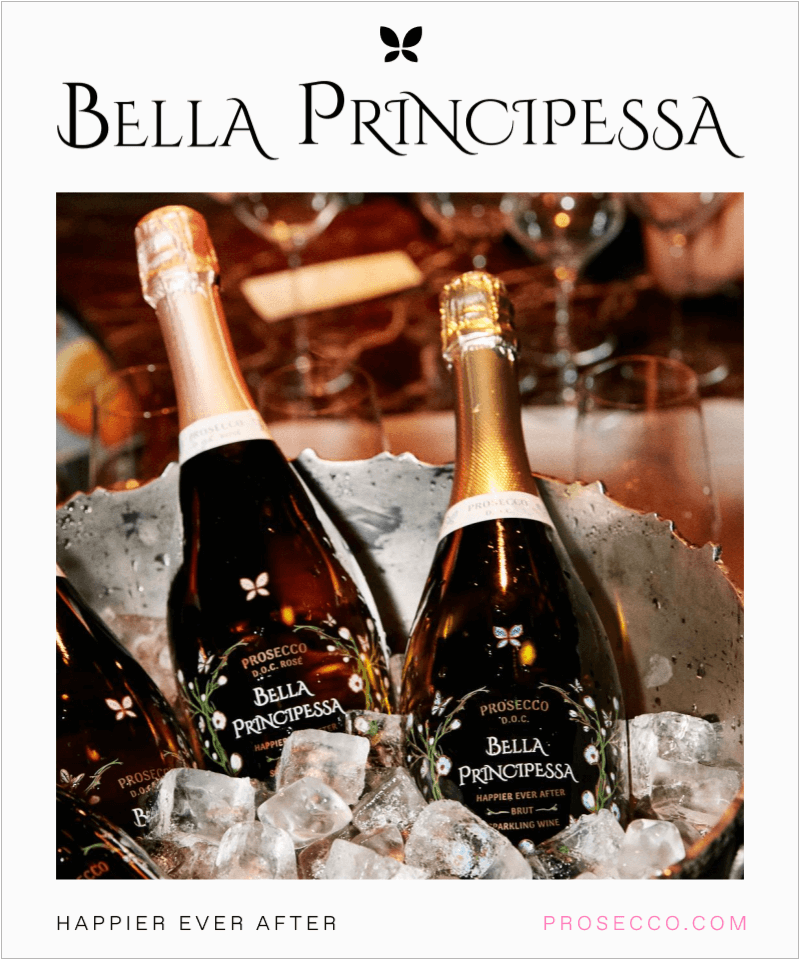Natural fermentation is a simple chemical process that turns grape juice into an alcoholic beverage known as wine.
Grape juice contains natural sugars, and with added yeast, the yeast consumes the juice’s sugars, converting them into alcohol (specifically, ethanol alcohol) and the chemical by-product of carbon dioxide.
Fermentation is a critical process in winemaking. Without it, there is no wine.
While fermentation is a natural process, it can be manipulated, delayed, paused, and accelerated in many different ways and
is when a vintner’s technical and aesthetic expertise becomes apparent.
A winemaker can control the temperature and speed of fermentation, and other factors like the oxygen levels in the juice are also carefully monitored and considered.
The strain of yeast a winemaker chooses to start the fermentation process is also highly personal and one element that most winemakers keep secret.
The fermentation process can happen in a stainless steel tank, as is most common today, or in a wine barrel or even an individual bottle, depending on the vintner’s preferred winemaking method and decisions.










